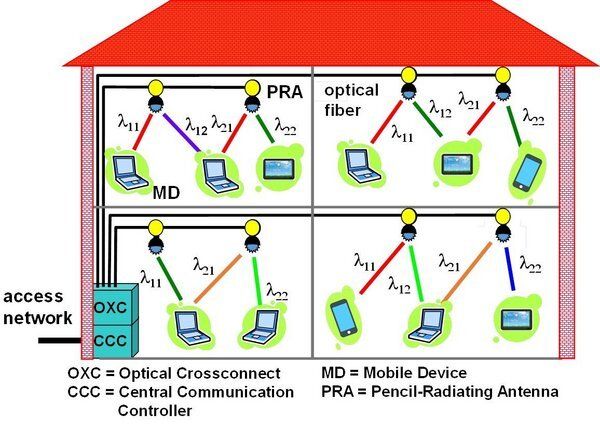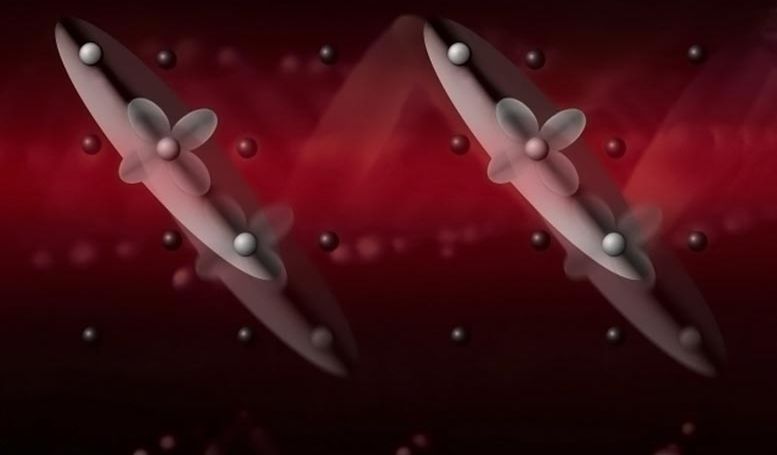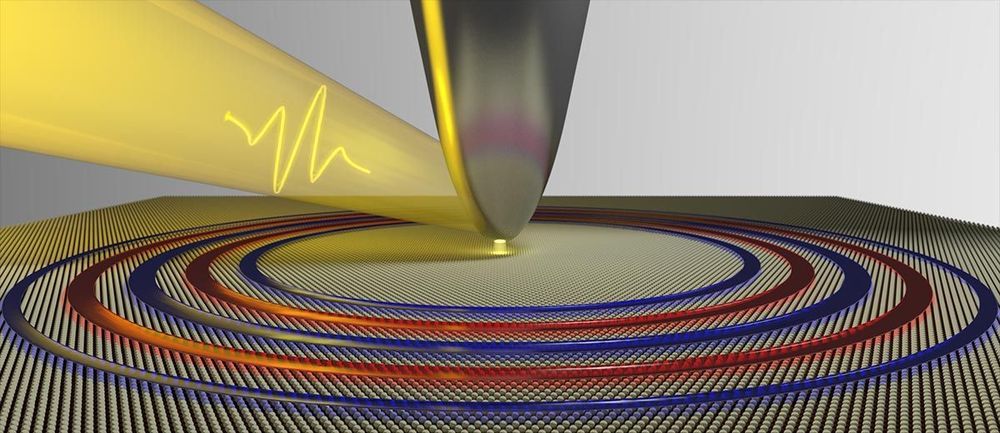Solar photovoltaic (PV) systems have a utilization (or capacity) factor of 15–20% worldwide. We propose to enhance the energy yield in a software-defined manner by complementing commodity solar PV systems with cloud-based IoT-controlled reflectors. We also propose designs for brownfield and greenfield settings in solar farms. We study a number of practical engineering issues including effect of solar azimuth, shadowing effects, ground coverage ratio (GCR) tradeoff, constraints on angular control etc. Our designs can raise solar PV energy yield between 50–100% with modest tradeoffs on operational complexity, land requirements (ground coverage ratio) etc. The software-defined IoT control allows a variety of current and future operational or business constraints to be flexibly factored in to tradeoff these factors versus economic gain (eg: levelized cost of energy, LCOE). The paper presents both simulation and experimental evidence for our system. We are actively piloting this technology with solar PV developers and engineering, procurement, construction (EPC) companies in emerging markets.
Category: energy – Page 310

GoSun Grill Is a Solar Oven That Can Cook Even at Night
Have you ever wanted a grill that you can carry anywhere and it doesn’t need fuel? Well, then we present to you the GoSun Grill. This innovative solution to everyone’s need for a cool-looking, fuelless, clean portable oven should be a must on every “outdoorsy” person’s wishlist. Impress your friends with this device and your personal cooking skills at the beach, in the park or wherever you’d like really.
Let’s have a closer look at this solar cooker.
The story of GoSun Grill.

How Australia could harness its tides for energy
Although tidal energy is still in its infancy, it could help to reduce Australia’s dependence on fossil fuels.
“The majority of the energy in the national grid is from coal,” explained Jenny Hayward, a research scientist at Australia’s national science agency, CSIRO. “We also have wind and solar PV [photovoltaic].”

The modern world is fast becoming a wireless, infrared world
Optics-based technologies such as optical fibers have strongly influenced the age of wired communication. Now they look set to revolutionize wireless communications as well and solve key issues with traditional radio-based approaches by using steerable, narrow infrared beams to send large amounts of data to user devices individually in an energy efficient and secure manner. Researchers at Eindhoven University of Technology are developing new methods for infrared wireless communications that could change how we access data forever.
The modern world is fast becoming a wireless, infrared world! Until now, the majority of wireless communications, both indoor and outdoor, have been radio-based. Although signal modulation techniques can squeeze more data into the limited radio-frequency spectrum and spatial multiplexing can combine multiple data signals into one signal without requiring more spectrum, we are struggling to meet our exponentially growing data demands.
The solution could be optical wireless communications, which use optical wavelengths over a wide spectral range from a few hundred nanometers to a few micrometers that includes visible and infrared radiation. Ton Koonen and researchers at the Institute for Photonic Integration are designing prototype systems with a capacity of more than two thousand times that of current shared WiFi systems. They have presented their work in an invited paper for the themed issue, “Optical Wireless Communication,” of the Royal Society’s Philosophical Transactions A, the oldest ongoing scientific journal in the world. Isaac Newton’s first paper, “New Theory about Light and Colours,” was published in the same journal in 1672.

Tesla owner ‘charges’ Model 3 with homemade solar panel trailer
A Tesla owner has demonstrated a rather novel way to charge his Model 3. In a recent video, Sean Callaghan of the ItsYeBoi YouTube channel opted to use a series of off-the-shelf solar panel sheets onto a towable trailer to create a mobile charging unit for his all-electric sedan.
Callaghan planned to use only the sun and the solar sheets purchased from e-commerce platform Wish to charge his Model 3. The solar panel sheets would collect energy from the sun and transfer it to a control panel. The control panels were connected to batteries that would hold the energy—the batteries connected to an inverter, which would then charge the Tesla Model 3.
The entire assembly would provide the Model 3 with about 800 watts of energy on a completely sunny day. However, Callaghan shot the video when weather was overcast, so the entire solar panel trailer build only managed to provide around 300 watts throughout the YouTube host’s test.

Researchers develop viable sodium battery
Washington State University (WSU) and Pacific Northwest National Laboratory (PNNL) researchers have created a sodium-ion battery that holds as much energy and works as well as some commercial lithium-ion battery chemistries, making for a potentially viable battery technology out of abundant and cheap materials.
The team reports one of the best results to date for a sodium-ion battery. It is able to deliver a capacity similar to some lithium-ion batteries and to recharge successfully, keeping more than 80 percent of its charge after 1,000 cycles. The research, led by Yuehe Lin, professor in WSU’s School of Mechanical and Materials Engineering, and Xiaolin Li, a senior research scientist at PNNL is published in the journal, ACS Energy Letters.
“This is a major development for sodium-ion batteries,” said Dr. Imre Gyuk, director of Energy Storage for the Department of Energy’s Office of Electricity who supported this work at PNNL. “There is great interest around the potential for replacing Li-ion batteries with Na-ion in many applications.”

An International Team of Scientists Uncovered Exotic Quantum Properties Hidden in Magnetite
An international team of scientists uncovered exotic quantum properties hidden in magnetite, the oldest magnetic material known to mankind. The study reveals the existence of low-energy waves that indicate the important role of electronic interactions with the crystal lattice. This is another step to fully understand the metal-insulator phase transition mechanism in magnetite, and in particular to learn about the dynamical properties and critical behavior of this material in the vicinity of the transition temperature.
Magnetite (FeO4) is a common mineral, whose strong magnetic properties were already known in ancient Greece. Initially, it was used mainly in compasses, and later in many other devices, such as data recording tools. It is also widely applied to catalytic processes. Even animals benefit from the properties of magnetite in detecting magnetic fields – for example, birds are known to use it in navigation.
Physicists are also very interested in magnetite because around a temperature of 125 K it shows an exotic phase transition, named after the Dutch chemist Verwey. This Verwey transition was also the first phase metal-to-insulator transformation observed historically. During this extremely complex process, the electrical conductivity changes by as much as two orders of magnitude and a rearrangement of the crystal structure takes place. Verwey proposed a transformation mechanism based on the location of electrons on iron ions, which leads to the appearance of a periodic spatial distribution of Fe2+ and Fe3+ charges at low temperatures.

Extra salty sodium battery performs on par with lithium
Batteries that use a sodium-ion chemistry rather than the commonplace lithium-ion could offer a number of advantages, owing to the cheap and abundant nature of the element. Scientists at Washington State University have come up with a design billed as a potential game changer in this area – a sodium-ion battery offering a comparable energy capacity and cycling ability to some lithium-ion batteries already on the market.
In a way, sodium-ion batteries function just like lithium-ion batteries, generating power by bouncing ions between a pair of electrodes in a liquid electrolyte. One of the problems with them in their current form, however, is that while this is going on inactive sodium crystals tend to build up on the surface of the negatively-charged electrode, the cathode, which winds up killing the battery. Additionally, sodium-ion batteries don’t hold as much energy as their lithium-ion counterparts.
“The key challenge is for the battery to have both high energy density and a good cycle life,” says Washington State University’s Junhua Song, lead author on the paper.

Making Quantum ‘Waves’ in Ultrathin Materials – Plasmons Could Power a New Class of Technologies
Study co-led by Berkeley Lab reveals how wavelike plasmons could power up a new class of sensing and photochemical technologies at the nanoscale.
Wavelike, collective oscillations of electrons known as “plasmons” are very important for determining the optical and electronic properties of metals.
In atomically thin 2D materials, plasmons have an energy that is more useful for applications, including sensors and communication devices, than plasmons found in bulk metals. But determining how long plasmons live and whether their energy and other properties can be controlled at the nanoscale (billionths of a meter) has eluded many.

European R&D review finds lagging high-tech performance despite major science investment
To encourage businesses to invest in new technologies, the European Union funds industrial research partnerships worth billions of euros in fields such as clean aviation and hydrogen fuel cells. It also offers direct grants to tech startups, and when Horizon Europe launches next year, it plans to offer them equity investments, too.
Report says scientific output is not translating into innovation.